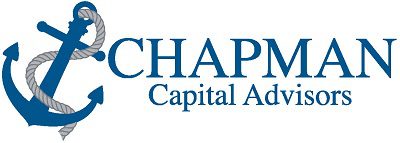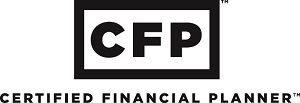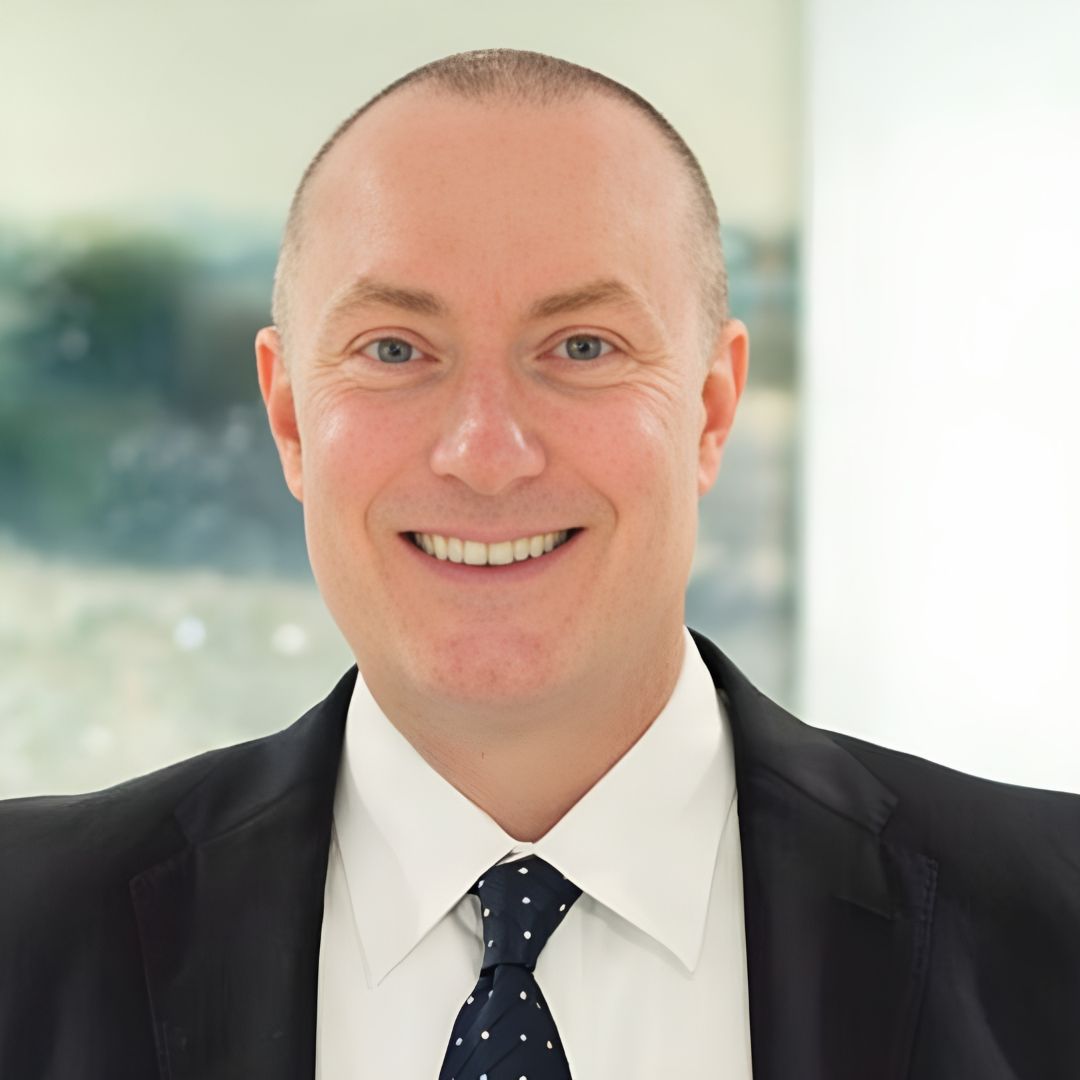If you read my last article, you would already know that I thought market volatility would increase in October. Well, it’s happening and now is not the time to panic. Now is the time to take advantage of opportunities that will increase the overall performance of your portfolio over the long term. If there was never volatility, there would never be opportunity to invest in quality companies at discounted prices.
For patient investors, market volatility is your friend. For investors who tend to overreact to these big moves in the market, the chances of making bad investment decisions increases dramatically. If I have learned one thing over the last 20 years of investing, it’s that there are two emotions that affect the market and that would be fear and greed. I have definitely noticed that some investors have become fearful lately. Most of this fear is due to the upcoming election and the uncertainty of who will become our next President. I agree that this is definitely something we should be concerned about. However, I will also tell you that policy changes do not happen overnight so do not panic. There is a reason the United States government has three branches. It’s to make sure that no one person can alter public policy overnight. It can take years to change policy to the point that it will affect corporate earnings and the economy. I think the concern that investors should have on their minds has to do with interest rates.
Interest rates will rise at some point in the future. To me, this is far more important to the overall direction of the market than who will become our next President. The Federal Reserve directly affects markets through monetary policy. As rates go down, money becomes more accessible to the consumer. As rates rise, money becomes tight and this is negative for the economy. So the question I would pose to the individual investor is what is your strategy going to be when interest rates eventually go up? I will tell you that investing during a rising interest rate environment can be very difficult. You need to identify industry groups that will benefit during a period rising rates.
The first and most obvious industry to benefit from rising rates would be financials. As interest rates rise, financial companies tend to benefit from the margin spread associated with rates on the long end of the yield curve moving higher faster than the short end. Rising rates are an indicator of an improving economy as well so believe it or not consumer discretionary stocks tend to outperform as well. This is not a foolproof way to go about choosing investments, so consulting a qualified investment advisor is always a good idea.
At Fogel Capital, we research industry groups and individual investments everyday looking for the next opportunity.
Am I eligible to Convert my Traditional IRA to a Roth IRA?
Converting your Traditional IRA to a Roth IRA can be one of the best financial decisions made when saving for retirement if done correctly. Prior to 2010 there was an income limit that restricted the conversion to a Roth IRA if your (AGI) was over $100,000. As of 2013, the income limitation does not exist for a conversion, but it still exists for contributions. This does not mean it will not come back in the future, but for 2013 and beyond anyone can convert an existing Traditional IRA to a Roth IRA regardless of income.
For example, someone has a Traditional IRA with $350,000 invested, that IRA can be converted to a Roth and all the taxes need to be paid for the tax year the conversion was completed. After converting to a Roth, the money grows tax-free. Paying the taxes on this money now might sound like a tough pill to swallow, but the potential tax savings down the road can be significant. Wouldn’t you rather pay taxes on $350,000 now than pay taxes on $1,000,000 in the future? One of the keys to doing this correctly is paying the taxes with funds outside of a qualified plan. Paying the taxes with money from the IRA defeats the purpose and will negate the full tax saving potential.
This is just one example of completing a Roth conversion. You can do partial conversions as well. This means you do not have to convert the entire account. You could develop a strategy of doing partial Roth conversions over multiple years. The key is to consult with your tax advisor or accountant to make sure the conversion will not put you into another tax bracket. Every dollar you convert is taxed at your ordinary income tax rate. This strategy works best for younger investors who have longer to allow the money to grow and compound. It can also work well for an older investor who is in a low tax bracket. Another reason to convert to a Roth is that Roth IRAs are not subject to the Required Minimum Distribution after you reach age 73. For those of you out there that do not plan to use your IRA money to live this can be a huge advantage when it comes to passing along your IRA to your beneficiaries. Roth IRAs continue to grow tax-free after the conversion and after you die. There are distribution requirements for the beneficiaries, but the distributions are tax-free as well.
This strategy might not be right for everyone. I would advise you to consult with a Certified Financial Planner™ or your tax advisor prior to taking advantage of this potentially large tax savings. One of the best times to complete a Roth conversion is when the value of your Traditional IRA has fallen due to a market correction like we experienced in 2022. If you have questions on this article or would like to schedule a free financial review. Please contact Jay Chapman at 772-320-9658 or email Jay@ChapmanCapitalAdvisors.com.




